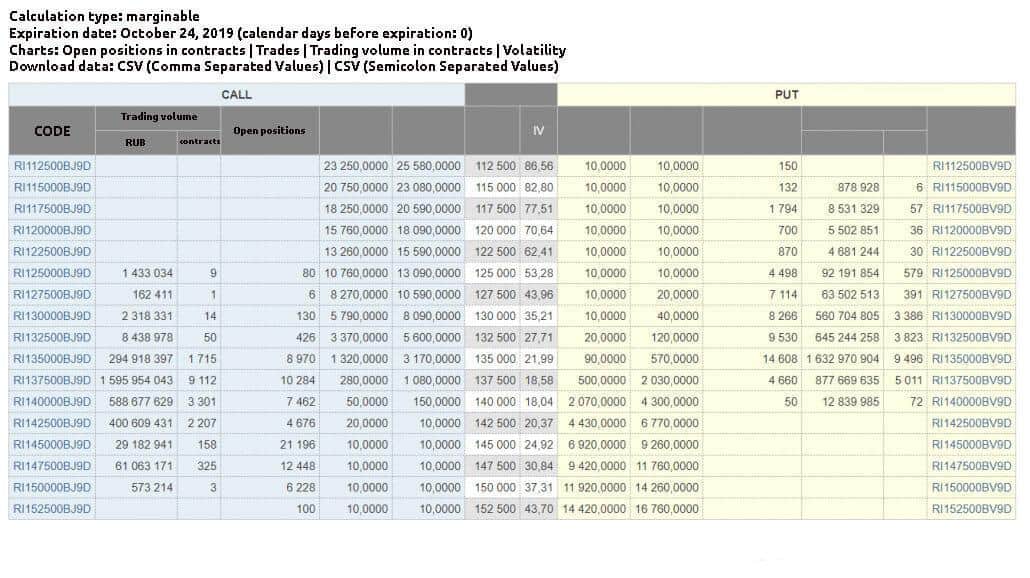
Investing in real estate for retirement can diversify your financial portfolio while providing a higher yield than the average current bond or dividend income. Besides, investing in real estate for retirement is a tax-efficient investment. If you're ready to get started, you can begin by dabbling in this investment. Read some articles about real estate if this interests you. And once you've gained some knowledge, you can dive in head first.
Renting in real property to save money for retirement has a higher return than current dividend income or current bond yields.
Steve Irwin (executive vice president, National Reverse Mortgage Lenders Association), stated that the U.S. homeowner age 62 or older has $6.8 trillion of equity in their home, which could help with retirement expenses. Many retirees worry that they will run out of money before reaching retirement age. You have an option. Buying investment property will provide a higher annual return than current bond yields or dividend income. You can start small by renting out a spare bedroom on Airbnb or buying an apartment building.
Publicly traded high-yield companies usually enjoy lower costs of capital, stronger management, greater diversification, and access to public markets. High-yield stocks offer higher risk-adjusted leverage than private rental properties. W. P. Carey, a triple net-lease REIT, recently issued EUR525million worth of Senior Notes due 2030 at 0.950% principal. Private rental property investors rarely have access to such a low fixed rate.

It diversifies your portfolio
Real estate offers many benefits. You can diversify your portfolio and make it more long-term stable. It offers higher yields than other types investments. A well-diversified portfolio with real estate is more likely than traditional stock portfolios to yield higher returns. Real estate investments can also present risks, so make sure you do your research before investing. A financial advisor can help you make the right diversification decisions. SmartAsset.com, a website that connects you with local advisors, can help you find them. Once you have selected advisors, you are able to interview them and pose questions.
By combining different types, you can make sure that your assets aren't too dependent on one type. Diversifying your portfolio will reduce risk and improve long-term returns. One expert in this field is Hannah Szarszewski, founder of Blue Mountain Financial Planning, LLC. Her expertise includes financial coaching and working with clients from all walks of life. Hannah Szarszewski is a Certified Financial Planner (CFP) who can help you build an effective retirement plan.
It allows for flexibility
There are many options when it comes to real estate investing. SEPs can be an excellent option for self employed real estate agents. SEPs have a similar structure to traditional IRAs. However, they allow for a higher annual maximum contribution than traditional IRAs. Unlike traditional IRAs, SEPs allow business owners to make contributions to employees' accounts, but not to their own. The SEP allows you to invest in real estate while simultaneously taking care your own financial needs.
When planning your retirement, real estate can provide an income stream from a second property. A vacation home in the mountains or an apartment building can provide rental income in retirement. When your vacation property is not being used, you can either rent it out or lease it to tenants on a monthly rental basis. A vacation cabin can be purchased in the mountains and used as a getaway. You can also rent it out when it is not in use. This type investment can give you flexibility and security all your life.

It is an efficient tax-efficient investment
The tax basis is the main difference between investing in rental properties and a taxable account. The tax basis for rental real property can work and allow you to deduct the property's actual value. The tax basis of a financial asset, however, is inactive and may be worthless for many, or even all, years. You should usually keep your real property in a taxable bank account.
Taxes will be inevitable. They may not be something you can ignore until tax day. But you might not have the time and knowledge to put together an effective investment strategy. According to the Schwab Center for Financial Research tax is one of the major determinants in returns. Tax-efficient investing can be achieved by making the right investments.
FAQ
What are the benefits to owning stocks
Stocks are more volatile that bonds. The stock market will suffer if a company goes bust.
However, if a company grows, then the share price will rise.
To raise capital, companies often issue new shares. This allows investors the opportunity to purchase more shares.
Companies can borrow money through debt finance. This allows them to access cheap credit which allows them to grow quicker.
A company that makes a good product is more likely to be bought by people. The stock will become more expensive as there is more demand.
As long as the company continues to produce products that people want, then the stock price should continue to increase.
Are stocks a marketable security?
Stock can be used to invest in company shares. This is done by a brokerage, where you can purchase stocks or bonds.
Direct investments in stocks and mutual funds are also possible. There are over 50,000 mutual funds options.
These two approaches are different in that you make money differently. Direct investment allows you to earn income through dividends from the company. Stock trading is where you trade stocks or bonds to make profits.
In both cases, you are purchasing ownership in a business or corporation. However, when you own a piece of a company, you become a shareholder and receive dividends based on how much the company earns.
Stock trading offers two options: you can short-sell (borrow) shares of stock to try and get a lower price or you can stay long-term with the shares in hopes that the value will increase.
There are three types: put, call, and exchange-traded. Call and Put options give you the ability to buy or trade a particular stock at a given price and within a defined time. ETFs, which track a collection of stocks, are very similar to mutual funds.
Stock trading is a popular way for investors to be involved in the growth of their company without having daily operations.
Stock trading can be very rewarding, even though it requires a lot planning and careful study. If you decide to pursue this career path, you'll need to learn the basics of finance, accounting, and economics.
What is a bond and how do you define it?
A bond agreement between 2 parties that involves money changing hands in exchange for goods or service. It is also known to be a contract.
A bond is typically written on paper, signed by both parties. The document contains details such as the date, amount owed, interest rate, etc.
A bond is used to cover risks, such as when a business goes bust or someone makes a mistake.
Bonds are often used together with other types of loans, such as mortgages. This means that the borrower has to pay the loan back plus any interest.
Bonds are also used to raise money for big projects like building roads, bridges, and hospitals.
A bond becomes due when it matures. When a bond matures, the owner receives the principal amount and any interest.
If a bond does not get paid back, then the lender loses its money.
Can bonds be traded?
They are, indeed! Like shares, bonds can be traded on stock exchanges. They have been trading on exchanges for years.
The main difference between them is that you cannot buy a bond directly from an issuer. A broker must buy them for you.
Because there are fewer intermediaries involved, it makes buying bonds much simpler. This also means that if you want to sell a bond, you must find someone willing to buy it from you.
There are many kinds of bonds. While some bonds pay interest at regular intervals, others do not.
Some pay interest annually, while others pay quarterly. These differences allow bonds to be easily compared.
Bonds are a great way to invest money. For example, if you invest PS10,000 in a savings account, you would earn 0.75% interest per year. If you invested this same amount in a 10-year government bond, you would receive 12.5% interest per year.
If all of these investments were accumulated into a portfolio then the total return over ten year would be higher with the bond investment.
Why is a stock called security.
Security is an investment instrument whose worth depends on another company. It could be issued by a corporation, government, or other entity (e.g. prefer stocks). The issuer promises to pay dividends to shareholders, repay debt obligations to creditors, or return capital to investors if the underlying asset declines in value.
Statistics
- "If all of your money's in one stock, you could potentially lose 50% of it overnight," Moore says. (nerdwallet.com)
- Individuals with very limited financial experience are either terrified by horror stories of average investors losing 50% of their portfolio value or are beguiled by "hot tips" that bear the promise of huge rewards but seldom pay off. (investopedia.com)
- The S&P 500 has grown about 10.5% per year since its establishment in the 1920s. (investopedia.com)
- US resident who opens a new IBKR Pro individual or joint account receives a 0.25% rate reduction on margin loans. (nerdwallet.com)
External Links
How To
How can I invest in bonds?
You need to buy an investment fund called a bond. The interest rates are low, but they pay you back at regular intervals. These interest rates can be repaid at regular intervals, which means you will make more money.
There are many ways to invest in bonds.
-
Directly purchasing individual bonds
-
Purchase of shares in a bond investment
-
Investing through a bank or broker.
-
Investing through a financial institution
-
Investing through a Pension Plan
-
Invest directly through a broker.
-
Investing through a Mutual Fund
-
Investing through a unit-trust
-
Investing via a life policy
-
Investing in a private capital fund
-
Investing through an index-linked fund.
-
Investing through a Hedge Fund